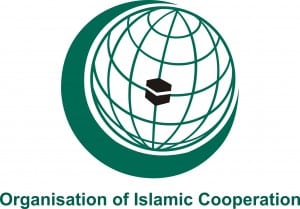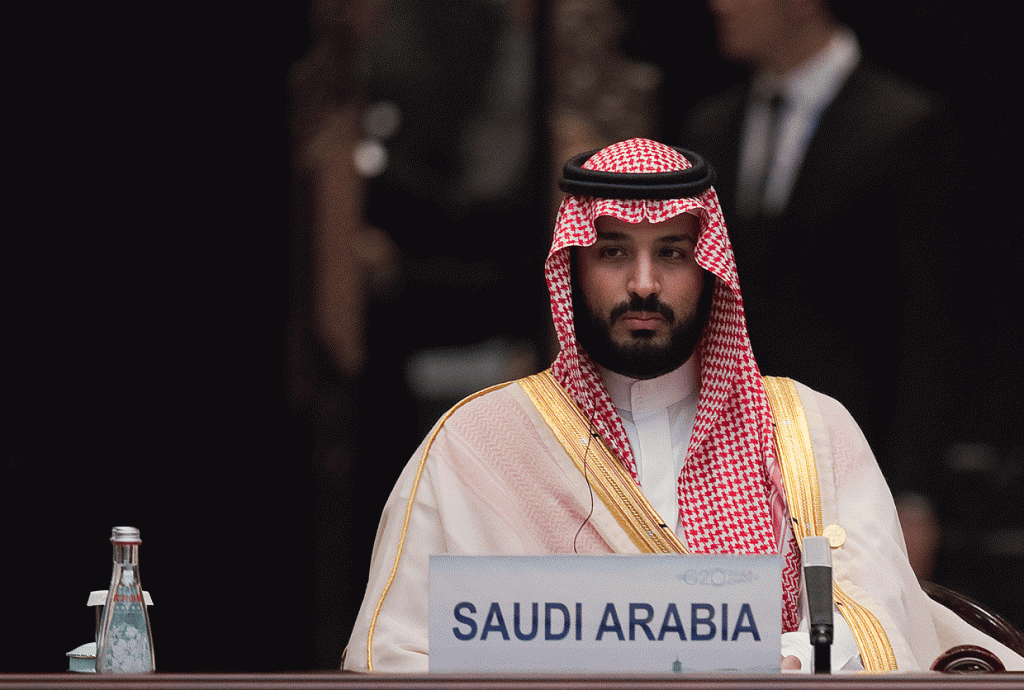 KUALA LUMPUR: The World Halal Conference 2014 closed yesterday with full highlight on the resolutions to further develop the industry, which needs to fill a 80 per cent gap in supply of halal food.
KUALA LUMPUR: The World Halal Conference 2014 closed yesterday with full highlight on the resolutions to further develop the industry, which needs to fill a 80 per cent gap in supply of halal food.
Thought leaders and industry players who attended the conference recognised the scope of food security issues, and pledged a united and integrated appraisal of these issues.
They agreed that united efforts to closely address and resolve these issues must be secured if the global halal industry were to grow and be sustained.
During the two-day conference, the halal food supply chain’s inadequacy, insufficiency and fragmentation were pointed out.
These areas of concerns were the major cause for non-delivery of halal food and non-food items to the growing global halal market, said Halal Industry Development Corp chief executive officer Datuk Seri Jamil Bidin.
“In this respect, many countries will be affected by food supply shortage, particularly Third World countries with large Muslim populations,” he said.
Jamil noted that over the next few years, there will be a phenomenal 70 to 100 per cent increase in demand for food.
He added that there will also be a mismatch between agricultural production capability and global demand.
He said not only Muslim countries are affected by the decreasing supply of halal provisions but so, too, are non-Muslim countries.
He added that the global halal market is supported by 1.8 billion Muslims but the countries involved in the production of halal food and the export trade are only a handful and amount to a mere 20 per cent of food production.



